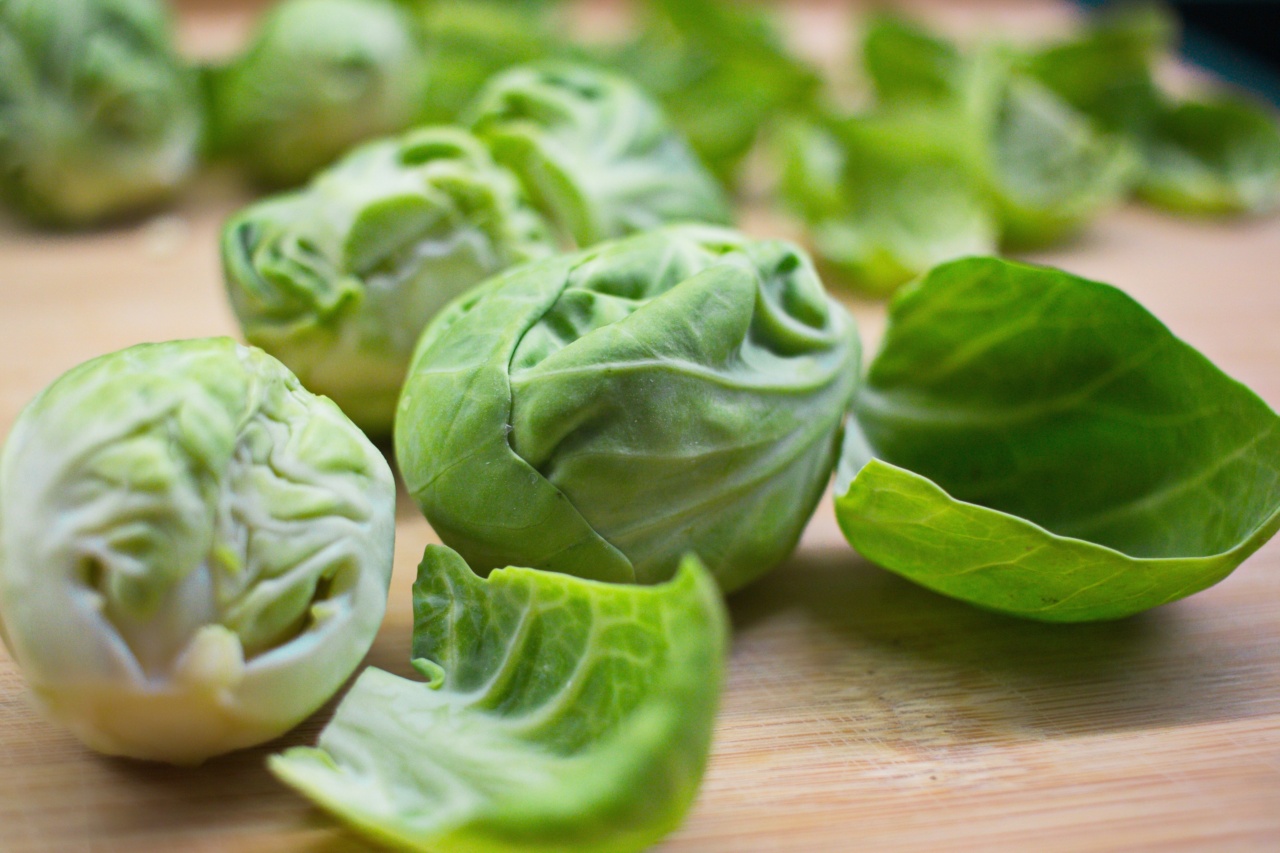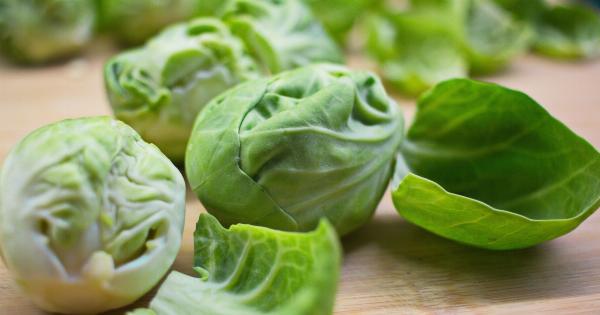Vitamin K is a group of fat-soluble vitamins that are essential for blood clotting and bone metabolism. There are two types of vitamin K: K1 and K2. K1 is found in plant foods such as green leafy vegetables, while K2 is produced by bacteria in the gut.
Brussels sprouts are one of the richest sources of vitamin K1.
What are Brussels Sprouts?
Brussels sprouts are part of the cruciferous vegetable family, which also includes broccoli, cauliflower, and kale. They are small, round vegetables that look like miniature cabbages.
Brussels sprouts are low in calories but high in nutrients, making them an excellent addition to any healthy diet.
The Health Benefits of Vitamin K
Vitamin K is essential for blood clotting, which is a process that occurs when blood vessels are damaged. When a blood vessel is injured, a series of chemical reactions occur that result in the formation of a blood clot, which stops the bleeding.
Without sufficient vitamin K, blood clotting cannot occur properly, which can lead to excessive bleeding.
Vitamin K is also important for bone health. It helps to activate proteins that are involved in building and repairing bones. Studies have shown that a diet high in vitamin K is associated with a lower risk of fractures in older adults.
The Role of Brussels Sprouts in Providing Vitamin K
Brussels sprouts are one of the richest sources of vitamin K1. Just half a cup of cooked Brussels sprouts contains 110% of the recommended daily intake of vitamin K1 for adults.
This makes Brussels sprouts an excellent food to include in a diet that is focused on maintaining bone health and preventing excessive bleeding.
Other Nutrients in Brussels Sprouts
Brussels sprouts are not only high in vitamin K, but they are also a good source of other essential nutrients, such as:.
- Vitamin C: an antioxidant that plays a role in immune function and collagen synthesis
- Fiber: important for maintaining digestive health and preventing constipation
- Folate: essential for DNA synthesis and cell division
- Potassium: important for maintaining normal blood pressure
How to Incorporate Brussels Sprouts into Your Diet
Brussels sprouts can be prepared in a variety of ways, including roasted, steamed, grilled, or sautéed. To prepare Brussels sprouts, remove any loose or discolored leaves and trim the stem. Cut an X into the bottom of each sprout to help it cook evenly.
Roasted Brussels sprouts are a popular way to prepare this vegetable. To roast Brussels sprouts, preheat your oven to 400°F. Toss the Brussels sprouts with olive oil, salt, and pepper, and spread them out in a single layer on a baking sheet.
Roast for 20-25 minutes, or until they are tender and slightly browned.
Conclusion
Brussels sprouts are a delicious and nutritious vegetable that are packed with essential vitamins and minerals. They are particularly rich in vitamin K, which is important for blood clotting and bone health.
Including Brussels sprouts in your diet is an easy way to boost your intake of this essential nutrient and to support overall health and well-being.































